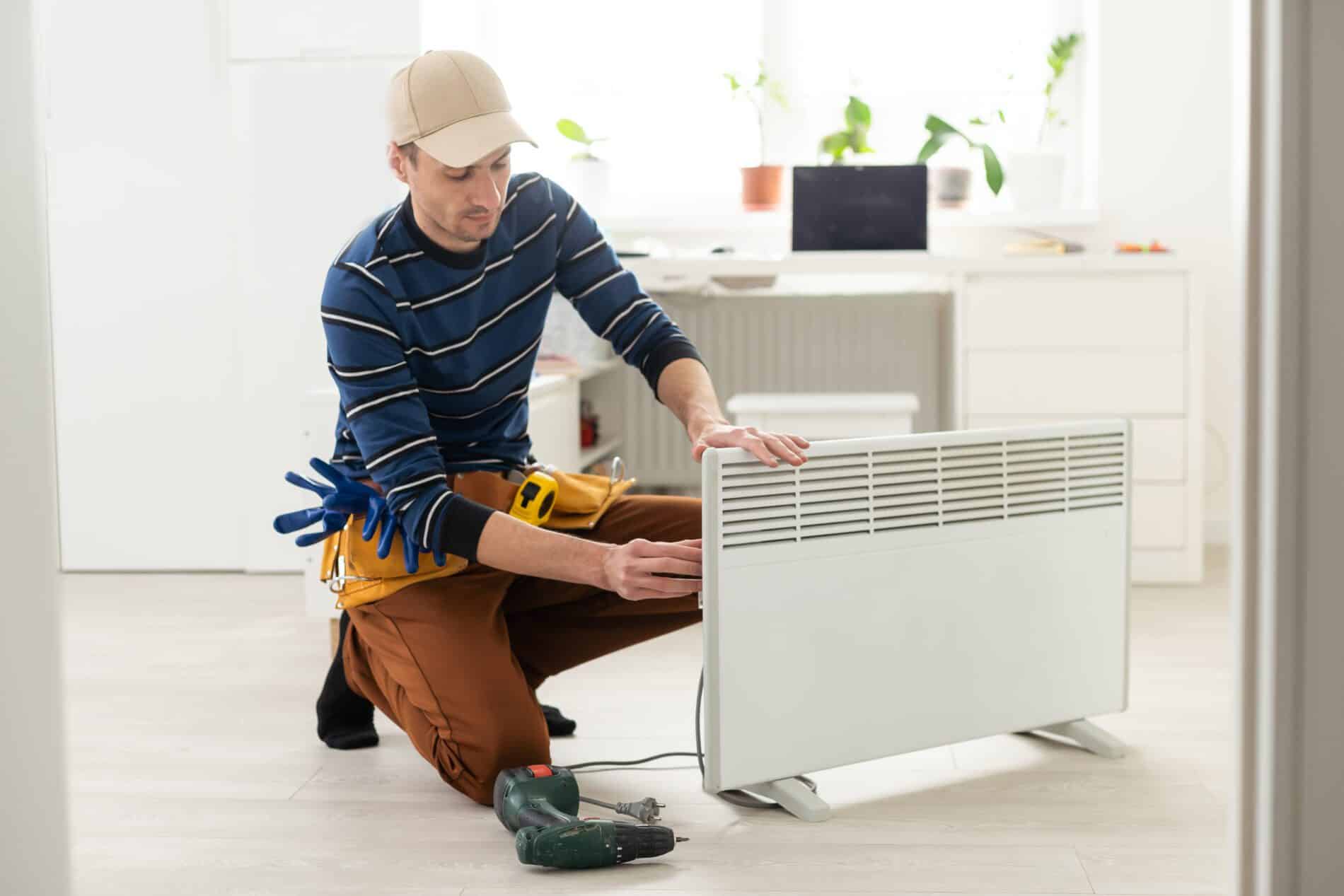Overcoming Regular Water Heater Malfunctions
Overcoming Regular Water Heater Malfunctions
Blog Article
Everyone is bound to have their own unique theory about Water Heaters Problems.

Envision starting your day without your regular hot shower. That currently sets an inadequate tone for the remainder of your day.
Every residence requires a trustworthy hot water heater, but only a few recognize exactly how to take care of one. One simple method to maintain your hot water heater in top form is to check for faults frequently as well as fix them as soon as they appear.
Bear in mind to shut off your hot water heater before sniffing about for mistakes. These are the water heater faults you are more than likely to experience.
Water too hot or also cool
Every hot water heater has a thermostat that establishes how warm the water obtains. If the water coming into your home is also hot despite setting a convenient maximum temperature, your thermostat could be malfunctioning.
On the other hand, as well cold water might be due to a stopped working thermostat, a busted circuit, or improper gas circulation. For example, if you make use of a gas water heater with a busted pilot burner, you would obtain cold water, even if the thermostat remains in ideal problem. For electric heating systems, a blown fuse may be the perpetrator.
Not nearly enough hot water
Water heaters been available in several dimensions, relying on your hot water needs. If you run out of hot water prior to everybody has actually had a bathroom, your hot water heater is as well small for your family size. You should think about mounting a bigger water heater container or selecting a tankless water heater, which occupies much less space and is a lot more sturdy.
Weird noises
There are at the very least five type of noises you can hear from a water heater, yet one of the most usual analysis is that it's time for the water heater to retire.
First off, you should know with the typical appears a hot water heater makes. An electric heater might seem different from a gas-powered one.
Popping or banging noises normally mean there is a slab of debris in your tanks, as well as it's time to cleanse it out. On the other hand, whistling or hissing sounds might merely be your valves allowing some stress off.
Water leakages
Leakages might come from pipelines, water connections, shutoffs, or in the worst-case scenario, the tank itself. Over time, water will rust the container, as well as find its way out. If this happens, you need to change your water heater asap.
However, before your change your entire storage tank, be sure that all pipelines are in area which each shutoff functions flawlessly. If you still need assistance determining a leakage, call your plumber.
Rust-colored water
Rust-colored water indicates among your water heater elements is rusted. It could be the anode pole, or the tank itself. Your plumber will certainly have the ability to identify which it is.
Lukewarm water
Despite exactly how high you established the thermostat, you will not get any type of warm water out of a heating system well past its prime. A hot water heater's effectiveness may decrease with time.
You will likewise get lukewarm water if your pipes have a cross link. This indicates that when you activate a faucet, warm water from the heater flows in alongside routine, cold water. A cross connection is easy to place. If your hot water taps still pursue closing the hot water heater valves, you have a cross connection.
Discoloured Water
Rust is a major cause of filthy or discoloured water. Rust within the water storage tank or a failing anode rod could cause this discolouration. The anode rod shields the container from rusting on the inside and should be checked annual. Without a pole or a properly operating anode pole, the warm water promptly corrodes inside the storage tank. Contact an expert water heater service technician to establish if replacing the anode rod will certainly fix the trouble; otherwise, change your water heater.
Conclusion
Ideally, your hot water heater can last one decade prior to you need a change. Nonetheless, after the 10-year mark, you may experience any of these mistakes much more routinely. At this point, you must add a brand-new water heater to your budget.
How To Troubleshoot 3 Common Water Heater Problems in Twin Cities
The Water Heater Is Leaking
A leaky cold water inlet valve A loose pipe fitting A leaky temperature and pressure relief valve A corroded anode rod A cracked tank Turn Off Your Water Heater:
Shut off your gas water heater by turning the gas valve on the unit to the “OFF” position. Shut off your electric water by switching its power off at your electrical panel. Look for a two-pole breaker labeled “water heater” and turn it to the “OFF” position. Move the ball valve connected to the water heater to be perpendicular to the piping at a 90° angle. Look for the Leak:
Depending on whether the water is coming from the tank's top or bottom, you’ll want to look for the leak in different locations.
If the leak comes from the top of the tank, carefully look for water escaping from the cold water inlet valve or loose pipe fittings. Rusted hot and cold water valves can have loose connections with the tank, with water leaking out of them.
https://mspplumbingheatingair.com/blog/how-to-troubleshoot-3-common-water-heater-problems
As a person who reads about Common Problems with Your Home Water Heater, I imagined sharing that excerpt was a good idea. Sharing is nice. Helping people is fun. I praise you for your time. Come back soon.
We're waiting, call! Report this page